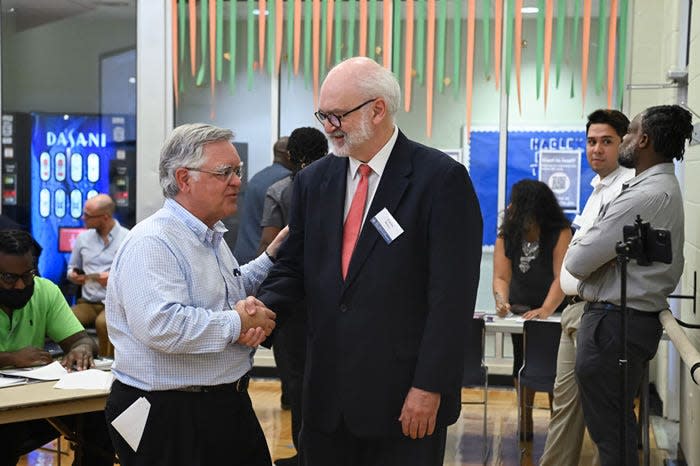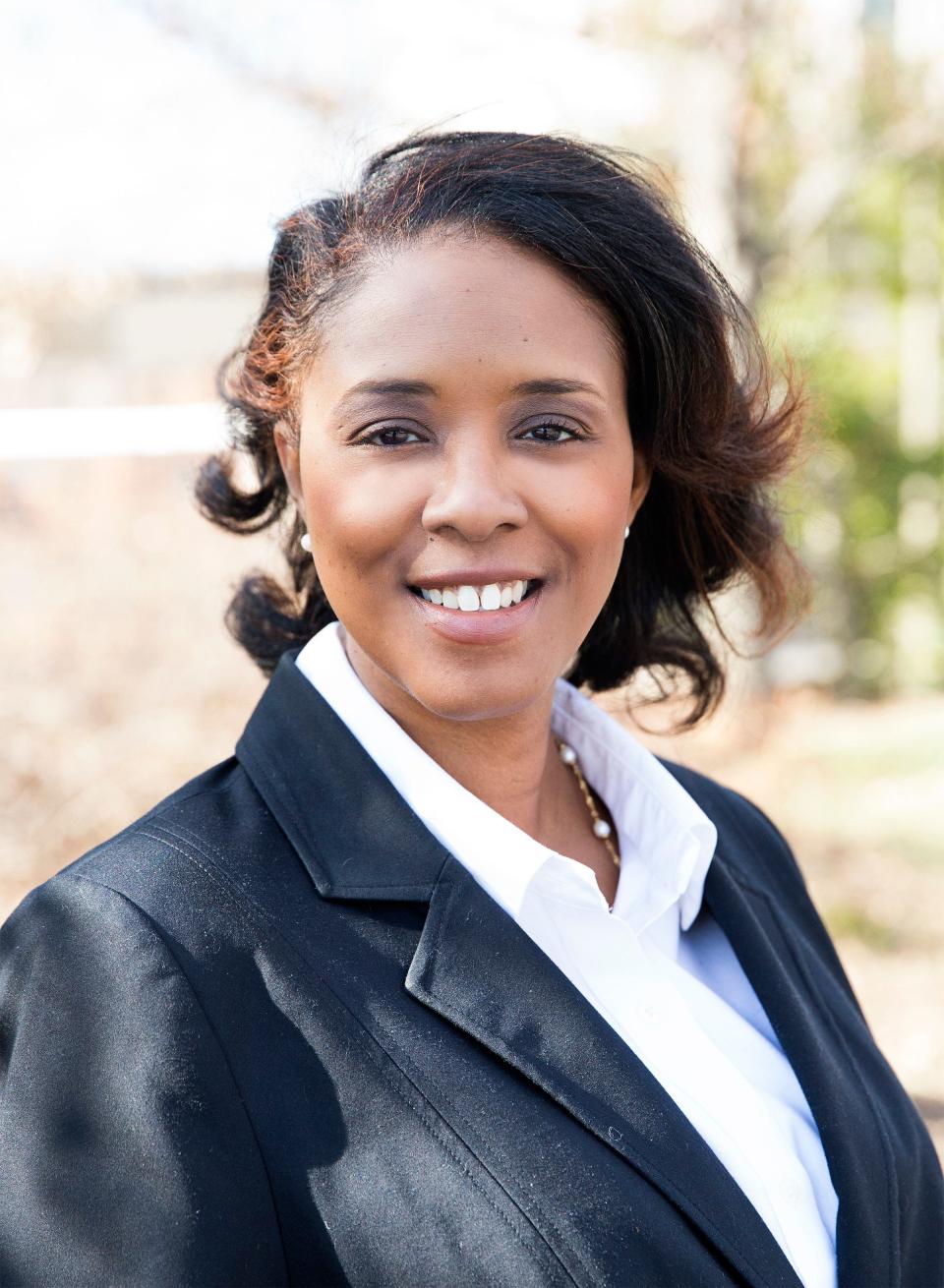Nashville citywide participatory budgeting gives the purse strings to the people | Opinion
“This is what democracy looks like!”
That cry rang out across Legislative Plaza on April 10 as hundreds of energized Nashvillians turned out to support ousted State Rep. Justin Jones.
The residents of District 52 and all of Davidson County had made it clear, through emails, phone calls and more, that they wanted Jones appointed back to his seat. The Metro Council listened to them and took action with dizzying speed.
That was a notably high-profile example of local government listening to and working for the people.
What else might it look like for your Metro government to really work for you? Nashville’s new participatory budgeting program is an exciting example of democracy in direct action. Through the citywide program, Nashvillians can suggest ideas for capital projects, then vote for which ones the city will fund.
Hear more Tennessee Voices: Get the weekly opinion newsletter for insightful and thought provoking columns.
Residents are playing an important role in budget decisions
In Bordeaux and North Nashville in 2021 and 2022, when participatory budgeting pilot programs were conducted, “government in action” looked like traffic-calming measures added to busy city streets, facilities upgrades in popular public parks, improved outdoor spaces at Pearl-Cohn High School, and new land to expand the Bordeaux Library, among others.

Those smaller-scale pilot programs ($2 million in each round) were so successful that Mayor John Cooper and the Metro Council have expanded the concept citywide in 2023, earmarking $10 million of American Rescue Plan money for community-selected projects.
Your neighborhood might have a public park whose restrooms are outdated and not ADA-compliant. Mushrooming residential development could mean that some busy intersections with two-way stop signs need to be upgraded to traffic lights for public safety. Or maybe you’ve been dreaming of starting a community garden to encourage environmental awareness and healthy living?
What’s exciting is that you get to decide, and that decision process has just begun!
Sign up for Latino Tennessee Voices newsletter:Read compelling stories for and with the Latino community in Tennessee.
Sign up for Black Tennessee Voices newsletter:Read compelling columns by Black writers from across Tennessee.
Send in your ideas for new projects by June 1
Who knows what a community needs better than the people who live, work and play there? By nominating potential projects from your neighborhood or district, you know that your community’s most critical needs are being considered.

It’s crucial that all Nashville voices have the chance to be heard, not just the best-connected and best-resourced. As non-profit and community advocates Conexión Américas and the Urban League of Middle Tennessee are glad to help tell the story of Nashville’s participatory budgeting process and encourage as many Nashvillians as possible to submit project ideas.
Educational materials about the program have been prepared in nine languages in addition to English. Voting will be available via mailed ballots, an online voting portal and in person at Nashville public libraries. Ideas for possible projects will be collected through June 1.

Budget delegates will consider all the proposals and whittle them down to 35 finalists. The entire Nashville community will then have the opportunity to vote for which projects will be funded.
Any Nashville resident ages 14 and older may submit ideas and vote for projects, and you may submit as many ideas as you wish.
Ideas that will be considered must:
Provide primary benefit for the public at large
Provide a tangible, permanent benefit that allows for broad public access
Fulfill community needs without further funding

Preference will be given to projects in areas deemed “most vulnerable” according to the Centers for Disease Control’s Social Vulnerability Index. Social Vulnerability, according to the CDC, “refers to the resilience of communities (the ability to survive and thrive) when confronted by external stresses on human health, stresses such as natural or human-caused disasters, or disease outbreaks.
“Socially Vulnerable Populations include those who have special needs, such as, but not limited to, people without vehicles, people with disabilities, older adults, and people with limited English proficiency.”
With the Citywide Participatory Budgeting program, you have the opportunity to take direct action in your community. Metro is listening. Put them to work for you.
Martha Silva and Tara Lentz are co-executive directors of Conexión Américas. Kenya McGruder is director of civic and community engagement at the Urban League of Middle Tennessee.
This article originally appeared on Nashville Tennessean: Nashville participatory budgeting program revitalizes neighborhoods

